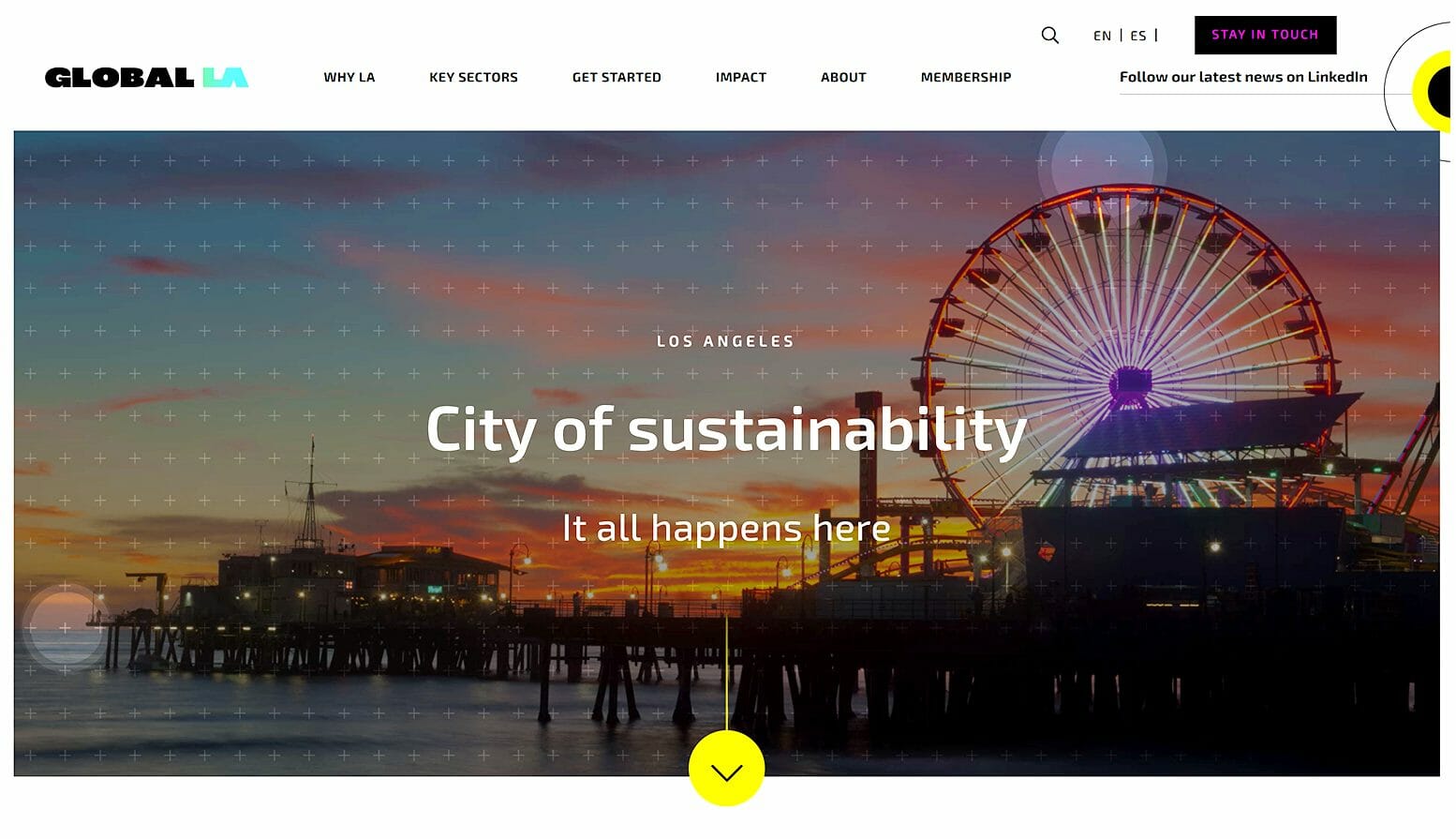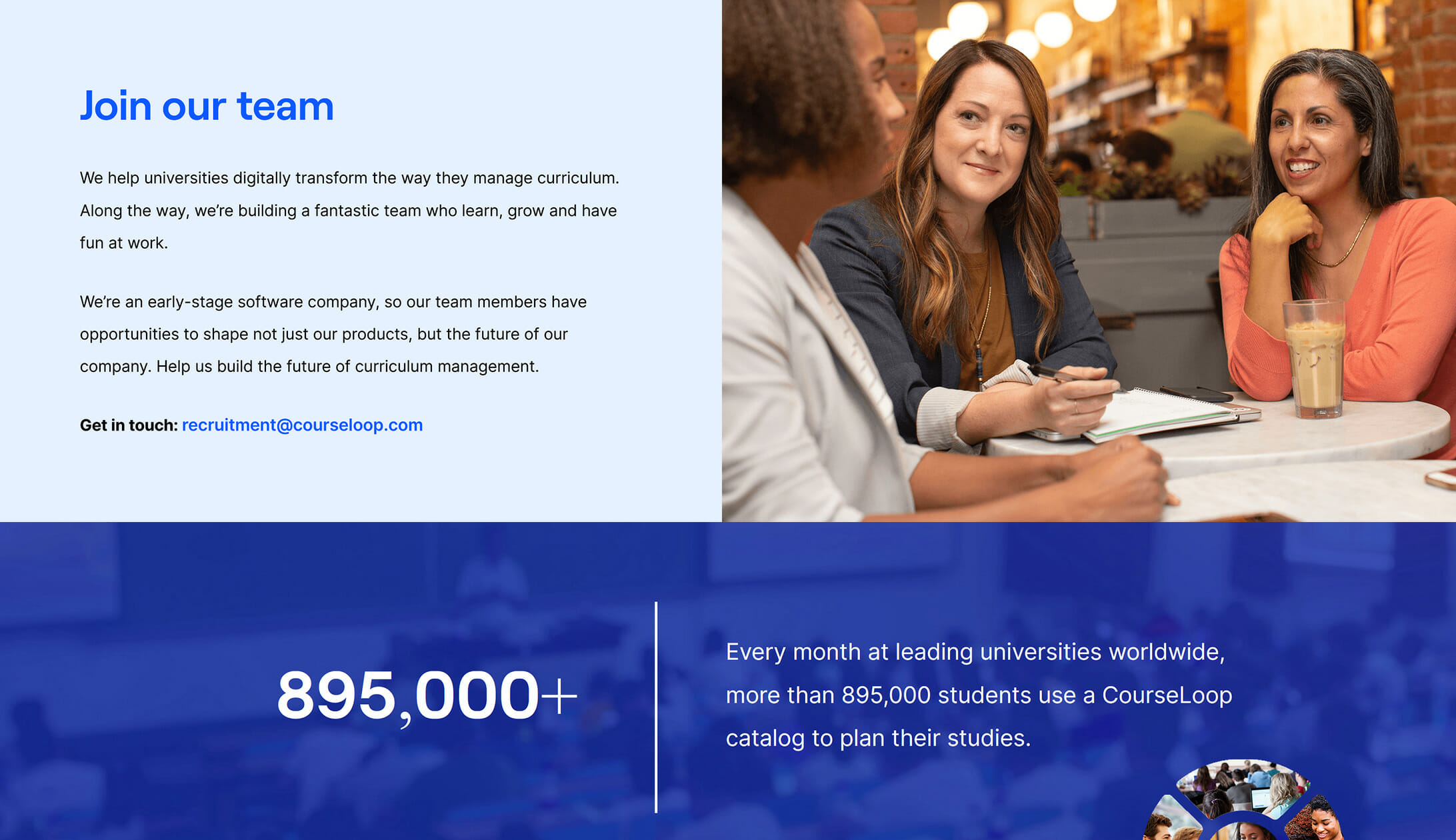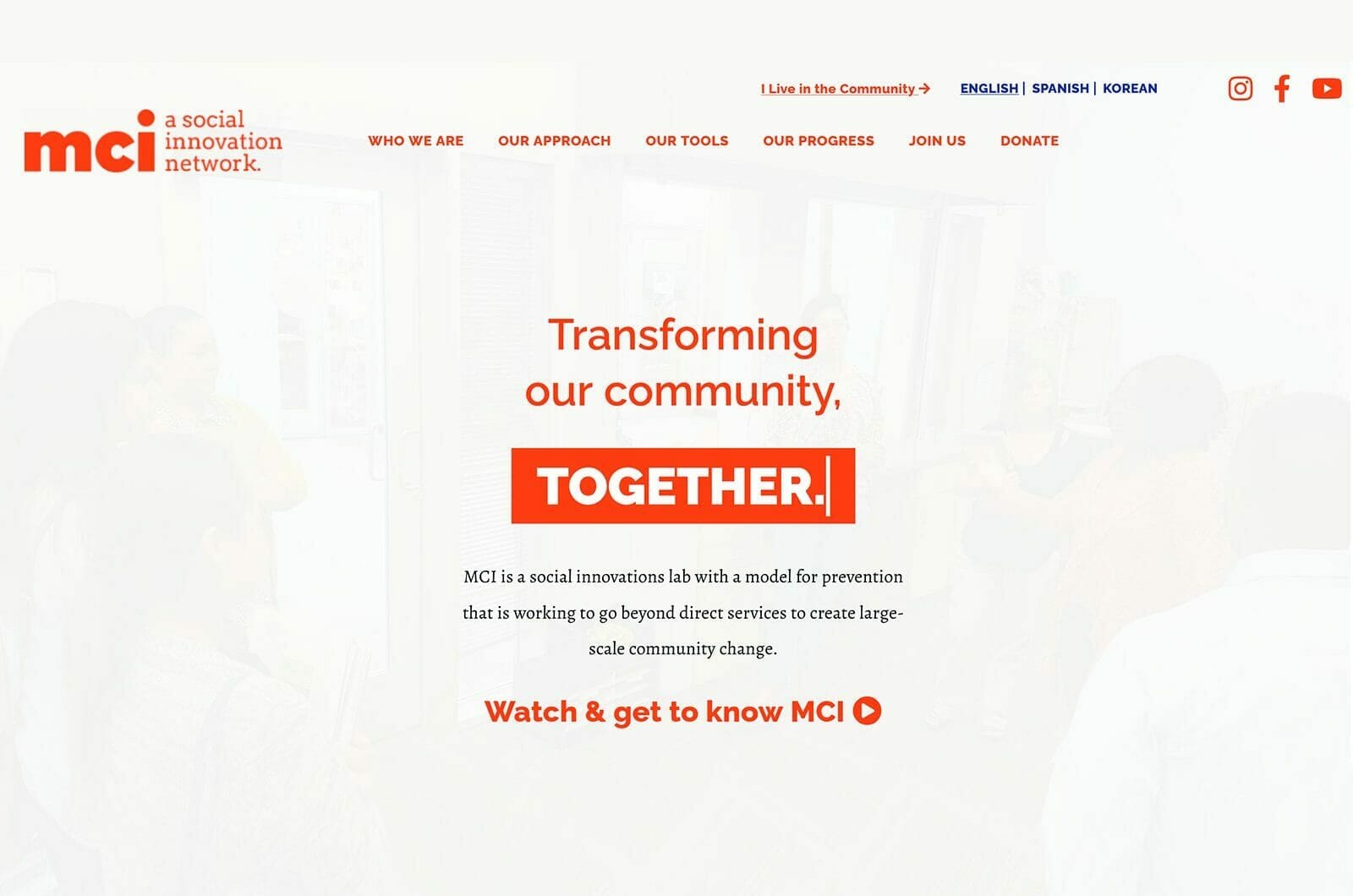3 Sep ‘19
How Does a Site’s Loading Speed Affect SEO Results?
3 Sep ‘19
In: Search Engine Optimization (SEO), / By: Ripe Media
As a marketing professional, you know that you need high-quality traffic to your website. There are many ways to drive traffic, but one of the most reliable methods is from search engines.
Search engine traffic is incredibly valuable. When people use search engines, they want to answer a question or solve a problem. The higher you rank in search engines, the more likely you are to capture this traffic.
There are many factors that go into search engine rankings, and page loading speed is one of them. How does page speed impact your SEO?
Keep reading to find out.
A Peek Inside Google’s Algorithm
In order to understand if and how page speed impacts search results, it helps to understand how complex Google’s algorithm is.
There are over 200 factors that account for search results. Plus, Google’s algorithm is tweaked several hundred times a year.
Google hasn’t come out and publicly stated what the 200 factors are in their algorithm. Since that’s the company’s bread and butter, they never will.
However, the company’s staff have dropped hints as to what the most important factors are in order to help webmasters optimize their sites.
Website performance seems to be near the top of the table.
People turn to search engines for any number of reasons. They want to research a product, answer a question, buy something.
It’s the job of the search engines to provide the most relevant information to the user. Google and search engines make their money from advertising. If they provide bad results, people will go to other search engines.
Part of that user experience is the time it takes to click on the search result to the page loading on their screen. If it takes too long to load, people will get frustrated with the search results and with the website. They won’t wait and will go elsewhere for the information they need.
There are technical aspects of the website, keywords, and the business location that all come into play as well. The main things that search engines try to do is to match the results with the intent of the user and provide a seamless experience.
How Does Page Loading Time Impact SEO?
People aren’t very patient these days. It seems that no one is willing to wait in line, wait for a website to load, or wait for a red light to turn green.
About 31% of website users will get frustrated with slow loading times. About 51% of visitors will leave your site if it takes too long to load.
Search engines seem to understand this and since they’re in the business of providing relevant search results, they use page speed as a ranking factor. Page speed is a factor across devices. It’s just as important to have a page load quickly on a smartphone as it is on desktop computers.
Google rolled out this algorithm update last year. As a result, more webmasters worked to improve loading times. Abandonment rates have gone down and sites have become much faster overall.
Page Loading Speed Matters: Here’s How to Optimize Your Site
Since it’s clear that page speed matters to your site’s SEO, how can you improve the performance of the site? There are a few things that you can do right away to improve page speed. Here are a few tips to get started.
Take a Baseline Measurement
When was the last time you measured your site’s speed? Before you start making small adjustments to your site, you want to take a baseline measurement.
You can use tools such as Google’s own Page Speed Test, GT Metrix, and Pingdom to test a site’s speed. You’ll get slightly different results with each tool. You’ll also get specific information on what improvements can be made.
Compress Images
Images are the largest files on a website. If they aren’t optimized, that can slow load times dramatically. You’ll want to make sure that you are using a compression tool to make the image sizes smaller.
You can do this before you upload your images to your site using photo editing software. If you use WordPress, you can install an image compression plugin that will do the work for you.
Use a CDN
A CDN is a content delivery network. They’re designed to serve your site’s files to users from locations that are closer to them instead of having the files served from your website host.
Your website host could be in LA and someone from New York visits your site, those files have to travel across the internet from LA to New York. That can cause a delay in loading times.
When you use a CDN, the files are served from a server closest to the user, which can improve loading times.
Design Your Site for Users AND Search Engines
Website performance and design aren’t just about search engines. You have to design your site and maximize performance for users as well.
You also have to create a great user experience to get people to stay on your site and convert into subscribers and customers.
It’s a balancing act that you have to master in order to have a successful website. If you design your site just for SEO, users won’t engage.
If you design your site just for users, it could be a great-looking site, but search engines may not be able to index your site.
Get the Best Site Experience
Page loading speed matters. It matters to users and it matters to search engines. If you have a slow loading website, you’ll lose visitors and rank lower in search results.
That means less traffic and fewer conversions. You can’t afford to let site performance get in the way of your sales goals.
Instead, work with a company that understands the intricacies of website design and development and can build sites for users and search engines.
Contact us today to find out how Ripe Media can help your site shine.














